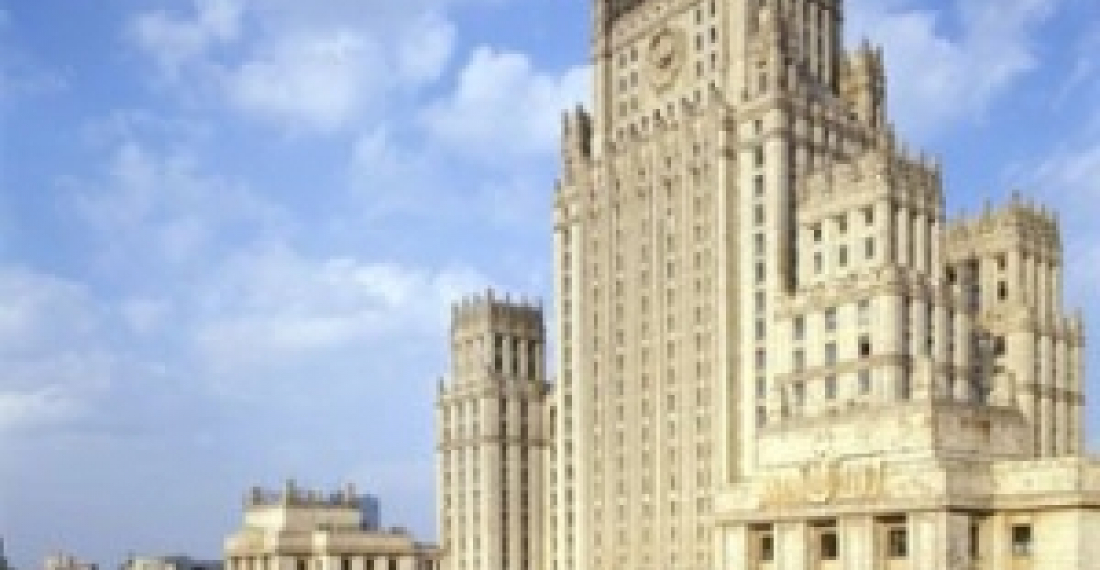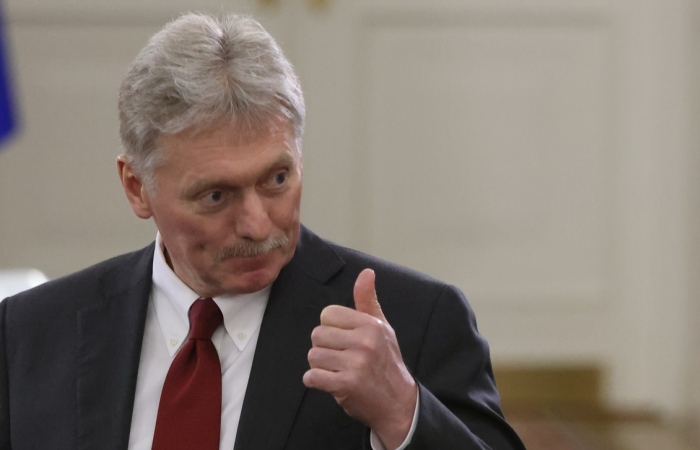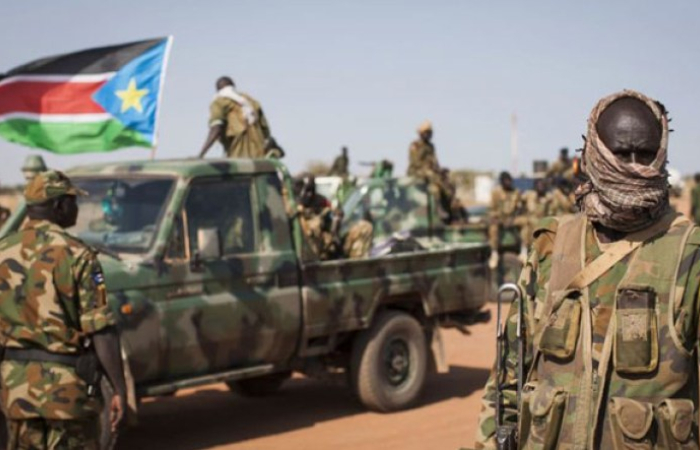Yerevan, February 8. ArmInfo.
Russian Foreign Ministry Alexander Lukashevich hopes Azerbaijan will refrain from use of force against civil aircrafts flying to Stepankert. Lukashevich made such statement in a briefing, the Russian Foreign Ministry press-service reported.
He said that the OSCE Minsk Group Co-Chairs for resolution of the Karabakh conflict had repeatedly discussed the issue of the Stepanakert Airport's exploitation. He cited the statement of the co-chairs dated July 13 2012 wherein they once again confirmed their position on the opening of the airport. "We have once again received the reaffirmation of sides that they will refrain from using force or force threat against civil airplanes and that they are willing to resolve the issue by diplomatic way," Lukashevich cited statements of Co-Chairs.
The construction of the airport is over. The airport is equipped with up-to-date satellite radio location and navigation systems and other necessary equipment. The length of the runway is 2km 300m. Unique system of radio navigation ensures landing even in case of nil visibility. Air Artsakh Company will make flights by local 50 aircrafts CRJ-200. The designed capacity of the airport is 100 passengers/hour. The company will make flights once in two days at the initiative stage. Earlier, Baku has repeatedly threatened to hit the civil aircrafts flying to Stepanakert. In this light, Defense Minister of Armenia Seyran Ohanyan told media that the Armenian air defense forces will provide security of the aircrafts when the airport launches flights.
ArmInfo: "Russian Foreign Ministry representative hopes Azerbaijan will not use force against civil aircrafts flying to Stepanakert."
ArmInfo: "Russian Foreign Ministry representative hopes Azerbaijan will not use force against civil aircrafts flying to Stepanakert."







